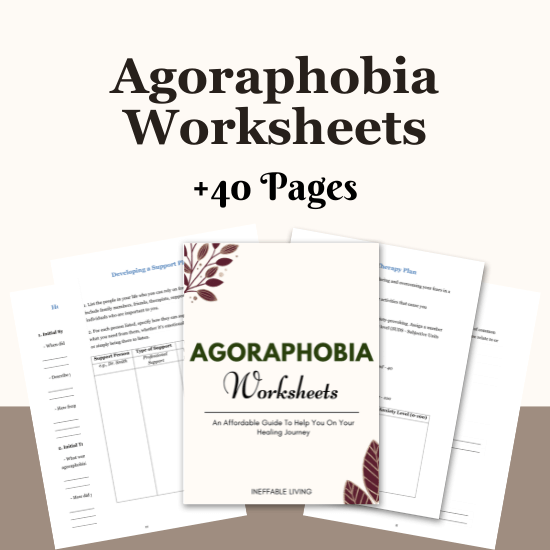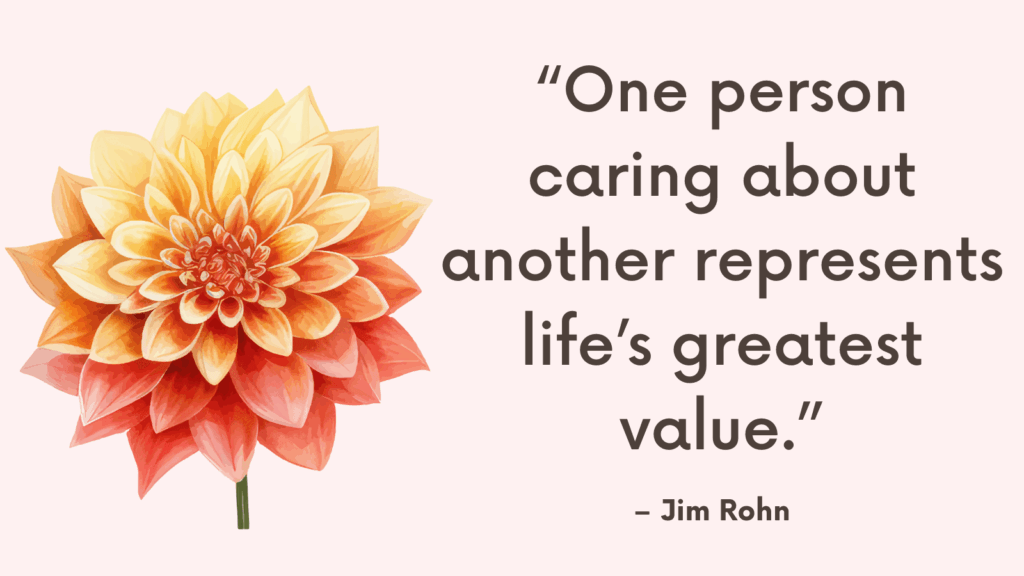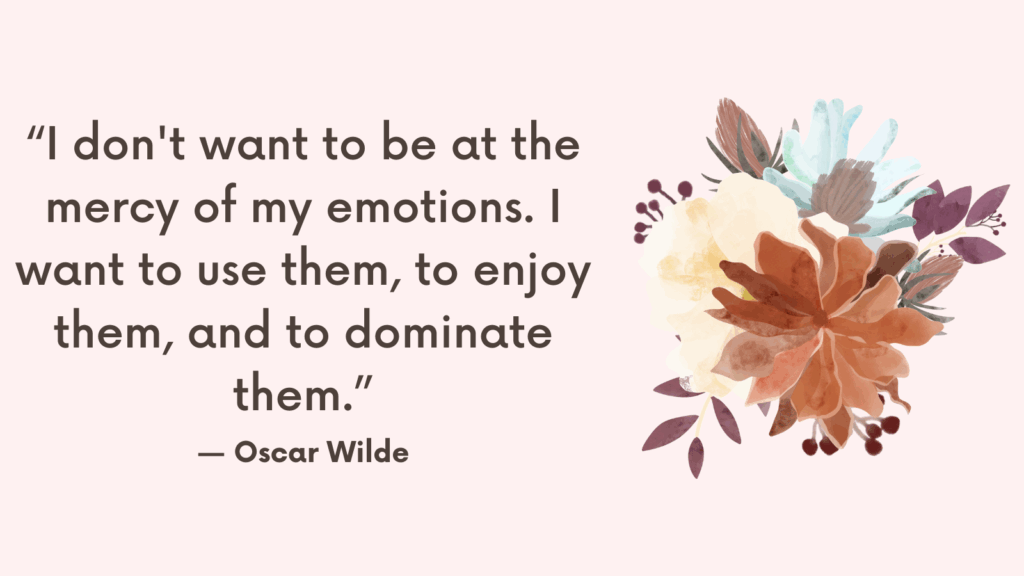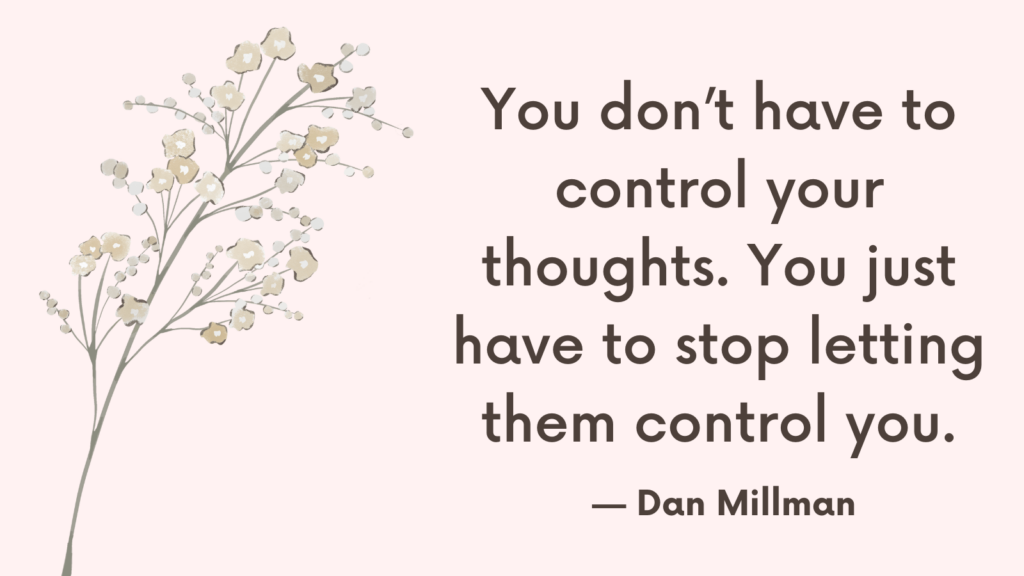Agoraphobia can make the outside world feel unsafe or overwhelming. For someone living with it, gifts that support comfort, connection, and autonomy—without pressure to leave home—can be deeply meaningful. Here are thoughtful, gentle gift ideas tailored to help a loved one with agoraphobia feel supported, grounded, and understood.
Disclosure: Some of the links below are affiliate links. This means that, at zero cost to you, I will earn an affiliate commission if you click through the link and finalize a purchase.
What Is Agoraphobia?
Agoraphobia is an anxiety disorder that involves intense fear or avoidance of situations where escape might feel difficult or help may not be available if panic or intense discomfort occurs. Contrary to popular belief, it’s not just a fear of open spaces — it’s more about the fear of feeling trapped, unsafe, or out of control in certain environments.
Common Situations People With Agoraphobia May Avoid:
- Crowded places like shopping malls, airports, or public events
- Public transportation such as buses, trains, or planes
- Standing in long lines or being in enclosed spaces
- Being far from home or alone in unfamiliar places
- Driving long distances or on highways
What Causes It?
Agoraphobia can develop after one or more panic attacks, especially if those attacks happened in public or unfamiliar places. It may also be triggered by trauma, chronic stress, or other anxiety-related disorders.
Related: How To Overcome Agoraphobia Without Medication? 9-Step Guide To Control Panic Attack In Public
9 Gift Ideas for a Loved One With Agoraphobia
1. Comfort-Focused Loungewear
Soft, breathable, high-quality robes, oversized hoodies, or fuzzy socks offer sensory comfort and a sense of security at home.
2. Cozy Weighted Blanket
Provides soothing pressure that helps calm anxiety and regulate the nervous system—especially during episodes of panic or overwhelm.
3. Indoor Activity Kits
Craft boxes, puzzle sets, paint-by-numbers, or adult coloring books give them creative outlets and gentle distraction without needing to go anywhere.
4. Therapy or Self-Soothing Workbooks
Choose workbooks that support anxiety, safety, and gradual exposure—CBT-based or trauma-informed guides that help them work at their own pace.
5. Online Course or Virtual Hobby Class
A fun or meaningful activity (e.g., art, writing, mindfulness) they can join from home helps build confidence and engagement without pressure to go out.
Related: Agoraphobia Test (+How to Cope with It)
6. Plants That Thrive Indoors
Low-maintenance greenery like snake plants or pothos bring life into the home and promote a sense of calm and nurturing.
7. Soothing Tea Sampler With a Mug
Caffeine-free, calming teas (like chamomile, lavender, or lemon balm) paired with a thoughtful mug create a simple, nurturing ritual.
8. Subscription for Grocery or Essentials Delivery
Helps reduce the stress of needing to leave the house for supplies, while encouraging autonomy and nourishment.
9. A Gentle, Personal Note That Says “I’m Here”
Include a card or letter that reminds them they’re not alone and there’s no pressure to “get better”—just steady support and love.
Other Ways to Support a Loved One With Agoraphobia
Agoraphobia isn’t just a fear of public spaces—it’s a fear of losing control in situations that feel unsafe or impossible to escape. For someone living with it, even simple outings can feel overwhelming. As a loved one, your role isn’t to “fix” their fears but to offer steady support, emotional safety, and patience as they navigate their healing. Here are compassionate, practical ways to support someone with agoraphobia.
1. Respect Their Boundaries Without Judgment
Don’t pressure them to “just go out” or minimize their fears. Respecting their limits builds trust. Let them know: “I believe you. You don’t have to push yourself to prove anything to me.”
2. Offer to Be Their Safe Person
If they’re working on exposure or trying to leave the house, ask:
“Would it help if I came with you?”
Your presence can make unfamiliar places feel less threatening.
3. Support Exposure at Their Pace
Encourage small, manageable steps if they’re ready—like standing by the front door, walking to the mailbox, or sitting in a car. Let them lead. Don’t rush progress.
4. Normalize Life at Home
Help them feel connected and empowered even if they rarely go out. Invite them to video calls, virtual game nights, or shared hobbies from home.
5. Assist With Errands When Needed
Offer help with groceries, medication pick-ups, or appointments when they can’t manage on their own. But always do it with respect, not pity.
Related: How to Handle a Panic Attack at Work?
6. Celebrate the Small Wins
Leaving the house for two minutes? Huge win. Sitting on the porch? Worth celebrating. Acknowledge their efforts, not just outcomes.
7. Learn More About Agoraphobia
The more you understand what they’re experiencing (panic cycles, avoidance, sensory overload), the more supportive you can be. This helps reduce frustration and improves communication.
8. Help Them Stay Connected to the World
Isolation can worsen agoraphobia. Send funny memes, check in regularly, share updates from mutual friends—help them feel part of life outside without forcing it.
9. Encourage Professional Help—Without Pressure
If they’re open to it, support their access to therapy—especially virtual therapy options, which can meet them where they are. Avoid pushing or making them feel broken.
10. Be Patient—Healing Takes Time
Agoraphobia doesn’t go away overnight. There will be progress and setbacks. Stay steady. Your calm, consistent presence can be a powerful anchor through both.
Related: How to Break the Panic Attack Cycle?

Conclusion
When choosing gifts for someone with agoraphobia, prioritize emotional safety, comfort, and choice. The best gifts say: “You don’t need to leave your comfort zone for me to care deeply about you.” These quiet gestures can make their world feel a little more manageable, one peaceful moment at a time.



